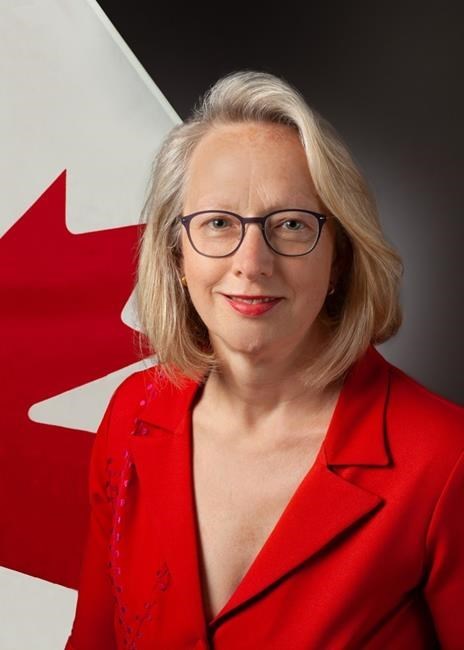OTTAWA — A career diplomat with three decades of experience in foreign service was named Canada's ambassador to China Friday by Prime Minister Justin Trudeau.
Jennifer May, who most recently spent three years as the ambassador to Brazil, will fill the job in China that has been vacant now for nine months.
"A dedicated public servant, Ms. May’s many years of diverse experience on international missions, and her deep understanding of Asia, will serve to manage this important bilateral relationship and advance Canadian interests in China," Trudeau said in a written statement.
May joined the Foreign Affairs Department in 1990, and after learning Mandarin, started four years as a mid-level diplomat in 2000 followed by stints in Hong Kong and Thailand. She has also served overseas in Germany and Austria.
Her appointment comes as Canada is looking to scrape the ice off its chilly relationship with China after the release of Michael Spavor and Michael Kovrig one year ago.
But the government is making clear her orders also include "advancing Canada's work" to stand up for "democratic values, human rights and the rule of law."
Global Affairs Canada has what it refers to in its current departmental plan, an "evolving China policy framework" that will be set up within the broader development of a total Indo-Pacific strategy.
The departmental plan says Canada will use the framework to advance trade interests, but will "challenge the government of China when values and interests diverge and co-operate where interests align."
"Canada will continue to speak out against China’s repression of the Uyghur and Tibetan peoples, and of all religious minorities in China," reads the plan, which was published earlier this year.
The last two ambassadors to China were both considered high-level political appointees. First former cabinet minister John McCallum and then business executive Dominic Barton, the latter tasked by Trudeau with the delicate but critical file to get Spavor and Kovrig freed.
Barton left the post last December, three months after they were released. Spavor, a business consultant who was working in China, and Kovrig, a former diplomat who was working in China for the International Crisis Group, were arrested in December 2019.
Canada believes their arrests were political retaliation because Canadian authorities arrested Huawei executive Meng Wanzhou at the request of the United States.
The U.S. accused her and Huawei of violating U.S. sanctions against Iran. Kovrig and Spavor were arrested days after Meng was taken into custody in Vancouver. The two men were released as part of a deal when the U.S. agreed to let Meng return to China.
The dispute did serious harm to Canada-China relations.
This report by The Canadian Press was first published Sept. 23, 2022.
Mia Rabson, The Canadian Press



